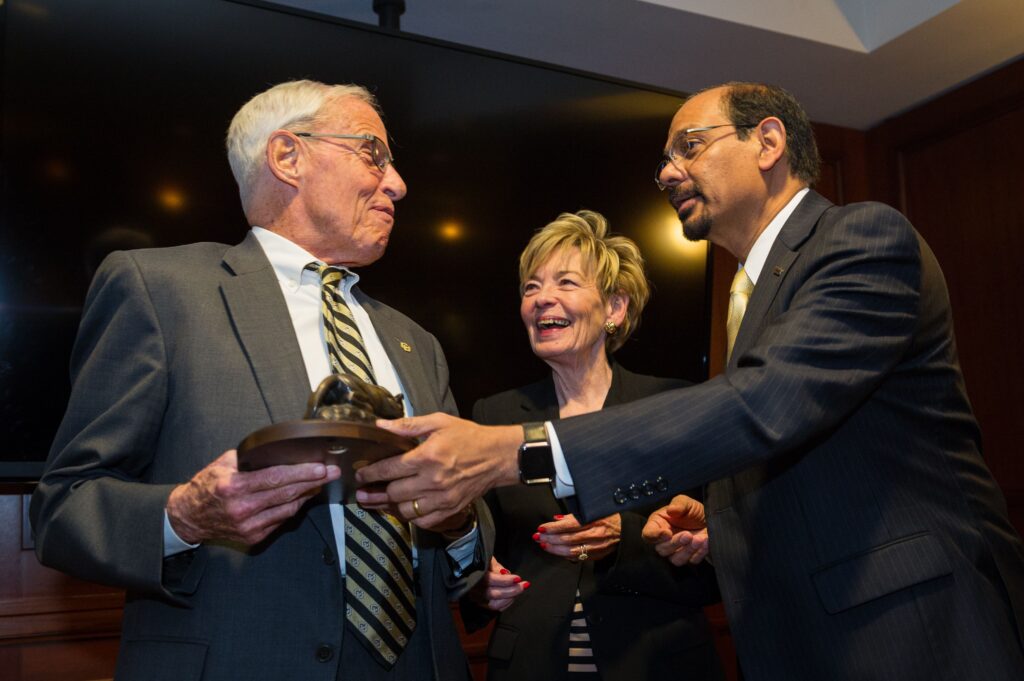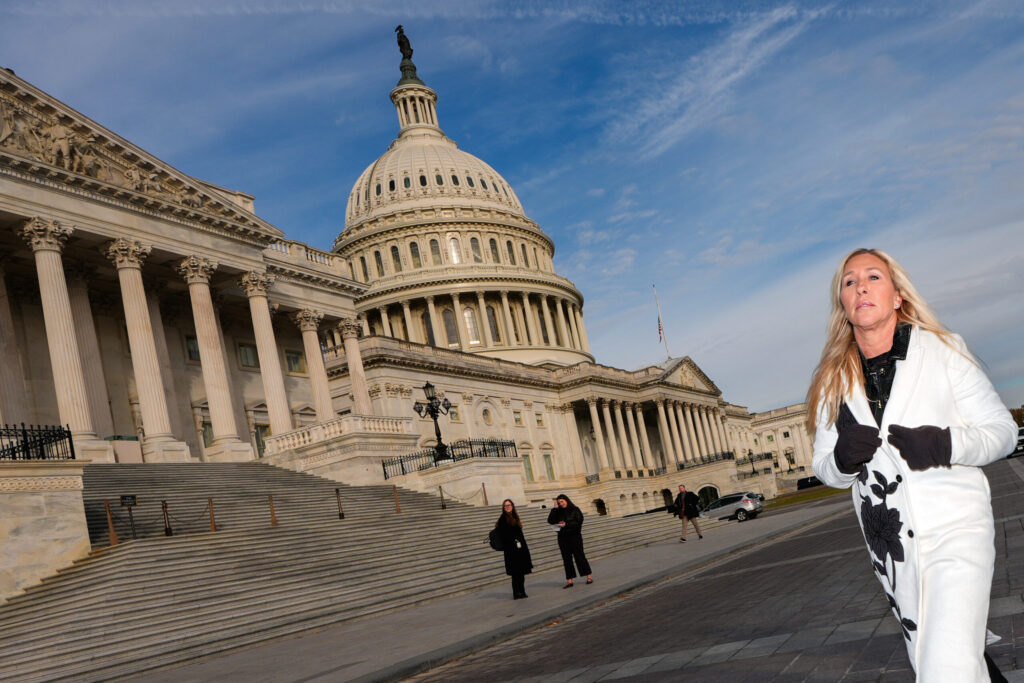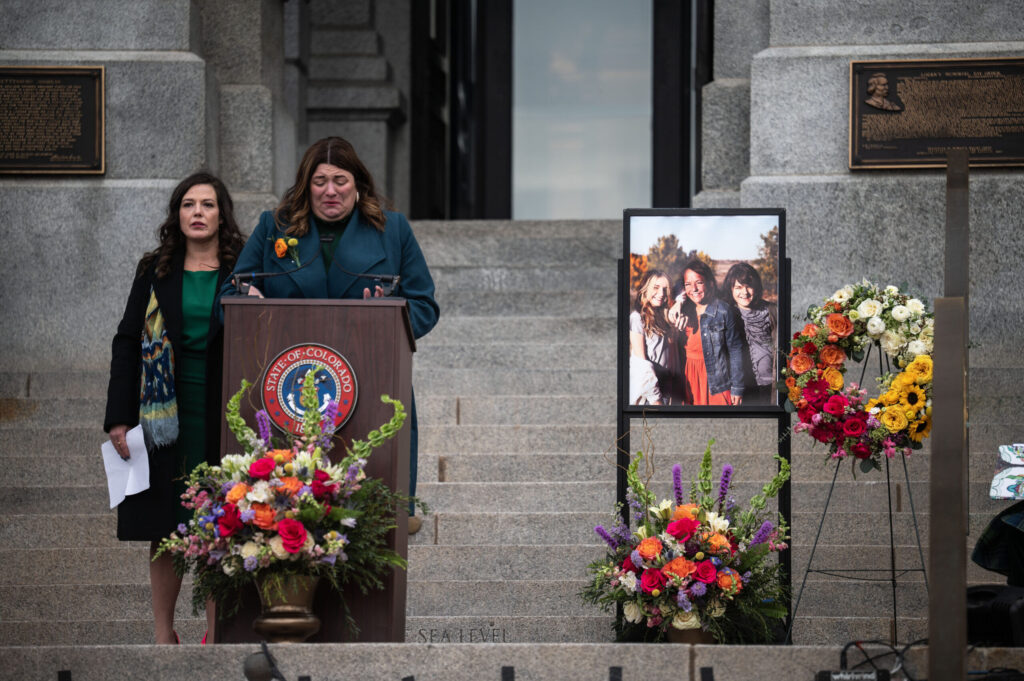Kaiser Permanente workers in Denver to strike

About 3,000 Service Employees International Union members in Colorado will strike over what they called “unfair labor practices” next month when their contract with Kaiser Permanente expires.
The union provided Kaiser a 10-day notice with their intent to strike from Oct. 4 through 6.
The union’s contract with Kaiser expires at the end of September.
“Being away from our patients is the last thing we want to do,” Patricia Johnson-Gibson, a healthcare workers and vice president of SEIU Local 105’s healthcare division, said in a news release. “But Kaiser executives have refused time and time again to bargain in good faith and talk to frontline healthcare workers about the solutions needed to end the Kaiser short-staffing crisis.”
About 1,000 union members in Aurora joined Kaiser employees in California, Washington and Oregon over the summer in a coordinated protest of “unsafe staffing and patient care crisis.” The staffing crisis, union members have said, has led to months-long waits and delayed care.
Kaiser officials have remained confident about reaching an agreement.
Andrew Sorensen, a Kaiser Permanente spokesperson in Colorado, said that the company has reached agreements the past 26 years, without a labor strike.
“A strike notice does not mean a strike will happen,” Sorensen said in a statement. “Our top priority is caring for our members and patients, and we have plans in place to ensure we can continue to provide,?high-quality care should a strike actually occur.”
The union last authorized – but did not employ – a strike in 2019.
Many of the frontline workers who picketed in Aurora over the summer earn less than $25 an hour.
The staffing crisis is not unique to Kaiser.
Health officials have sounded the alarm for years. Because more Americans are living longer with chronic health conditions, the need for Medicare and age-related health care services is expected to continue to rise.
The COVID-19 exodus from the profession, too, has exacerbate the national staffing crisis.
Over the next three years, Colorado is expected to face a shortage of 54,000 lower wage health care workers and more than 10,000 registered nurses, according to an analysis by the Economic Modeling Specialists International.
To address this, Kaiser Permanente has committed to hiring 10,000 union-represented jobs nationally, but officials have not said how many of those positions will be in Colorado.
Kaiser Permanente has 30 medical offices along the Front Range, including three in Colorado Springs, that serve more than 500,000 patients annually.















